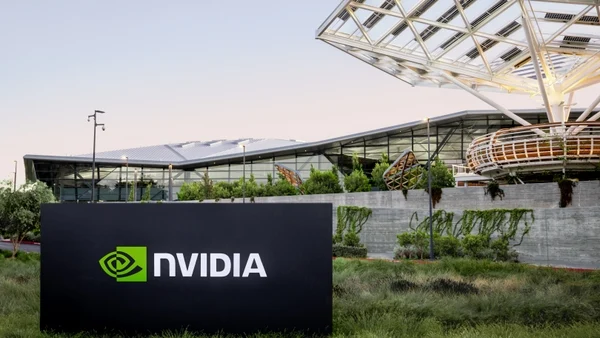Key Takeaways
1. The Trump administration’s new chip export restrictions to China significantly affect manufacturers like Nvidia.
2. Nvidia launched the less powerful H20 chip to comply with earlier regulations, but tighter restrictions have now been introduced.
3. CEO Jensen Huang stated there won’t be a new version of the Hopper processor, and further modifications to it are not possible.
4. Nvidia expects a $5.5 billion negative impact on quarterly results due to the ban on H20 chip exports, with China representing 13% of its sales.
5. Concerns over the use of processors for artificial intelligence have led to increased regulations from the Trump administration.
The recent restrictions imposed by the Trump administration on chip exports to China have had a significant impact on various manufacturers, including Nvidia. This company had previously launched the H20 chip aimed at this market in response to earlier regulations. The H20 chip, however, was less powerful compared to other models, allowing it to be exported to China. Nevertheless, tighter and more stringent regulations on sales to this country have now been introduced.
Nvidia’s Forward Plans
Jensen Huang, the CEO of Nvidia, shared insights during a livestream on Taiwan’s Formosa TV News, stating that the company is exploring its next steps. However, he made it clear that there will not be a new version of the Hopper processor. Huang also mentioned that further modifications to this chip are not feasible. Nvidia is currently evaluating how to proceed in this challenging market.
Financial Implications
Following the ban on H20 chip exports, Nvidia announced that this restriction would lead to a negative impact of $5.5 billion on its quarterly results. The Chinese market plays a crucial role for Nvidia, constituting 13% of its sales for the fiscal year ending January 2025.
Rising Concerns
The Trump administration has heightened regulations due to worries regarding the use of these processors in powering artificial intelligence (AI), particularly after the emergence of the Chinese language model DeepSeek.
Source:
Link



